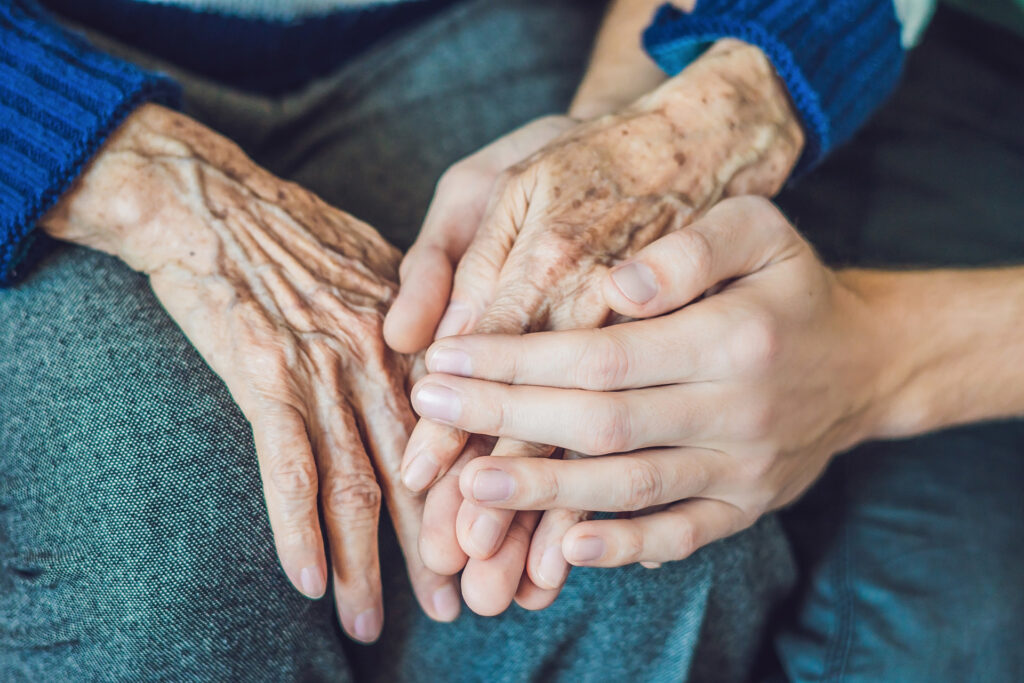

Love Inspires
Every Moment
Our approach
We are a group of caring professionals dedicated to providing physical, psychological, spiritual and emotional comfort to patients and their loved ones. Hospice is not a place, but rather a philosophy of care. LIEM Hospice aims to bring dignity and comfort home through compassionate end-of-life care. Our team can connect to see how we can support your needs. We are available via phone, or in-person. The program provides support for emotional and spiritual end-of-life issues, and focuses on giving seriously-ill patients and their loved ones meaningful time together.
About UsHow We Serve

Routine Care
The most common level of hospice care is provided in your preferred home setting. Routine visits are provided by the different disciplines.
Learn more
Continuous Care
Hospice can activate this level of care if routine level is not sufficient. It is typically for crisis or symptom management.
Learn more
General In-Patient
This level of care is activated in a nursing home if the patient requires a higher level of care. Similar to Continuous Care there is a symptom or crisis not managed under Routine.
Learn more
Respite Care
This level of care is provided for families needing relief or caregiver support. Patient can be placed under care in a nursing home for 5 days.
Learn more
What is Hospice Care?
Hospice is a way to care for people who are terminally ill by focusing on pain relief and symptom management. Instead of trying to cure the disease, hospice intends to provide comfort to the patient and the family. It provides support for emotional and spiritual end-of-life issues, and focuses on giving seriously ill patients and their loved ones meaningful time together.
Common Hospice Care Myths
Those who choose hospice services near the end of life do not “go into” hospice, but receive services where they live. This could be a private residence, assisted living community or nursing home. Some hospitals have hospice beds; however, the intention of hospice is to deliver hospice services to the patient wherever he/she calls home.
Hospice helps redefine hope for patients and their loved ones. It offers hope that a secure, familiar environment can be provided; hope for freedom from fear of isolation, abandonment, loneliness, loss of control and physical pain; and hope that the family will be nurtured and supported through grief and bereavement services during their loved one’s end of life journey and after their death. Hospice is not giving up. It is choosing to live the rest of your life the way you want to live it, with quality!
- The goal of hospice care is to provide patients with the best quality of life possible during their final months, weeks and days. Contrary to the common misconception, studies have shown that patients receiving care and support from a hospice program often live longer than expected.
- Ultimately, hospice care is all about comfort care. LIEM Hospice aims to help our patients and their families enjoy the time they have together by providing end-of-life care with compassion, dignity, and respect.
Palliative care provides symptom and pain management for patients with chronic or advanced illness. Palliative care may begin at the time of diagnosis and be provided while the patient pursues curative treatment. In contrast, hospice services include palliative care plus emotional and spiritual support, creative art therapy, and more. Hospice services may only be provided if the patient decides to stop seeking curative treatment for their advanced illness and has a prognosis of less than six months.
- Hospice services are fully covered under Medicare/Medi-cal. This includes nursing care as well as medication and equipment related to the patient’s life-limiting diagnosis. Many private insurance companies may cover hospice with no out-of-pocket expenses to the patient which is confirmed upon checking eligibility. However, medications, deductibles, and co-pays not related to the terminal illness are usually the patient’s responsibility. The U.S. Department of Veteran’s Affairs covers hospice care for veterans.
- To qualify for the hospice care benefit, U.S. Centers for Medicare & Medi-cal requires that the patient:
- Is certified by a doctor to be terminally ill and expected to live six months or less
- Accepts palliative care instead of curative treatment
- Signs a statement that selects hospice care in place of other Medicare-covered benefits to treat the terminal illness

You’ll Be In Your
Safe Space
To Relax
01.
02.
Schedule an Evaluation
Click here to schedule your free in-home evaluation.
03.
Receive Outstanding Care
Your individualized care will take place wherever you call home.


